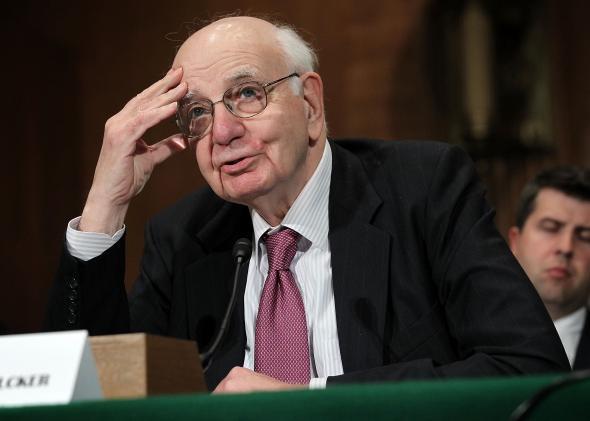John Quiggin has an engaging piece in Jacobin arguing that “Wall Street Isn’t Worth It” and the growth of the financial services sector has come at the expense of the rest of society. Unfortunately, having explored the premise so thoroughly, the solutions part gets a bit thin. The idea for how to cut finance down to size is basically just in this one paragraph:
The only remaining option is to separate these markets entirely from the socially useful parts of the financial system, then let them fail. Publicly guaranteed banks should be banned from engaging in all but the most basic financial transactions, such as issuing loans and bonds and accepting deposits. In particular, banks should be prohibited from doing any business with institutions engaged in speculative finance such as trade in derivatives. Such institutions should be required to raise all their funds directly from investors, on a “buyer beware” basis, and should never be bailed out, directly or indirectly, when they get into trouble.
Not to pick on Quiggin, but I think this is where the anti-banker populists always wind up falling short. These four sentences seem reasonable, but really deserve a great deal of unpacking. The “Volcker Rule” concept in the Dodd-Frank financial reform bill tries to get at some of these goals, but the process of actually writing the specific regulatory language has taken years and has been very controversial. Some of that is just bank-lobbyist wrangling. But some of it is because it’s genuinely hard to operationalize this concept.
To take an example, airlines typically trade in the derivatives market to try to hedge their fuel costs. Airlines also sometimes want to borrow money to finance things like the purchase of new airplanes. A strict reading of the Quiggin Rule would either prohibit airline borrowing or else prohibit airline fuel hedging. In order to get that done, you wouldn’t just need to take on the much-loathed banks but all the airlines in America and the labor unions that represent their workers and possibly also the companies that manufacture the airplanes. That’s a lot more difficult politically, and one of the reasons that it’s difficult politically is that all these users of derivatives have a good case on the merits that this is a worthy and nonspeculative use of financial products. But while it’s easy to say “we should allow derivatives trading for the purpose of hedging but not for the purpose of speculating” (certainly that’s what I think), it’s a lot harder to write precise legislative and regulatory language that accomplishes that goal. If you look at something like the Harvard interest-rate-swap fiasco, it’s difficult to say precisely where this crossed the line from a reasonable hedge to just gambling with endowment money.
I could keep droning on about this, but I’ll stop. The point is that other people ought to drone on a bit more about which rules, exactly, they want to see put in place and why the objections to those rules are wrong. The general argument that the backstopped segment of the banking system should be ringfenced from the speculative bit is so persuasive that the U.S. Congress already passed a law purporting to do it. Yet obviously finance has hardly been dethroned from its commanding place in American political economy, and guaranteed banks haven’t stopped engaging in big speculative trades.
